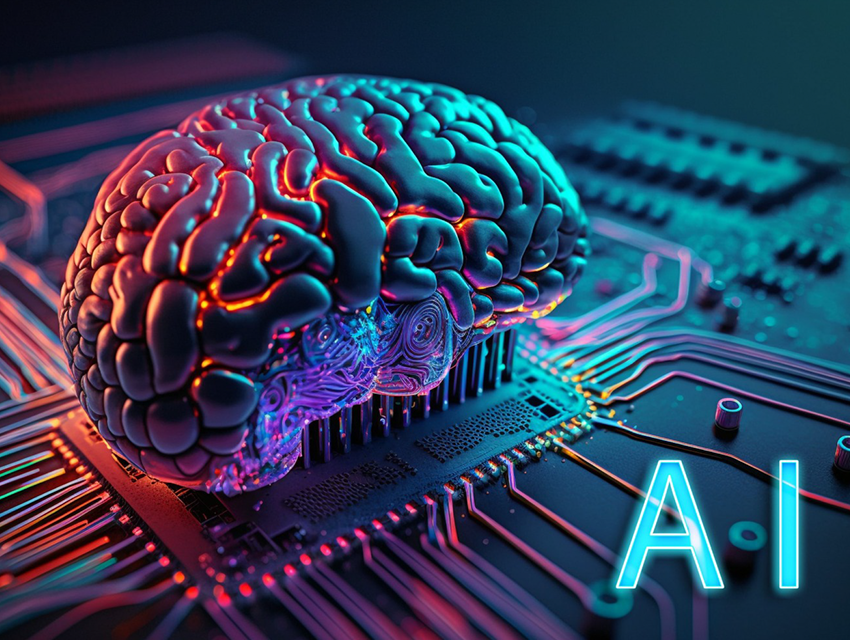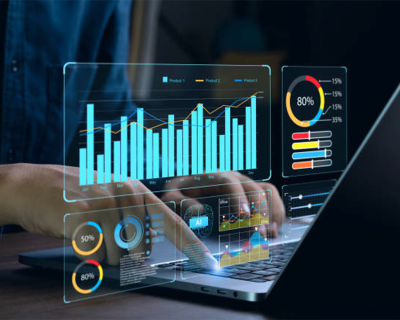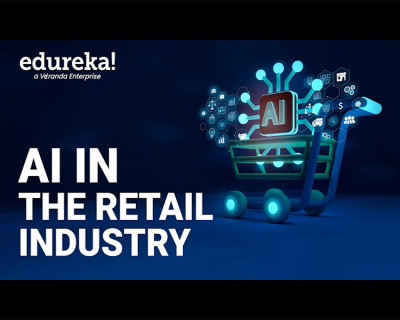
AI Aplication industries
AI applications are transforming industries across the globe, enhancing efficiency, automation, and decision-making. Here are some key industries where AI is making a significant impact:
1. Healthcare
Diagnosis & Treatment: AI-powered tools (e.g., IBM Watson, DeepMind) assist in diagnosing diseases like cancer and predicting patient outcomes.
Medical Imaging: AI improves radiology (e.g., detecting tumors in X-rays, MRIs).
Drug Discovery: AI accelerates drug development (e.g., AlphaFold for protein structure prediction).
Personalized Medicine: AI tailors treatments based on genetic and lifestyle data.
2. Finance & Banking
Fraud Detection: AI detects unusual transactions in real time.
Algorithmic Trading: AI-driven models predict stock trends and execute trades.
Credit Scoring: Machine learning assesses credit risk more accurately.
Chatbots & Customer Service: AI-powered assistants (e.g., chatbots) handle customer queries.
3. Retail & E-Commerce
Recommendation Systems: AI suggests products (e.g., Amazon, Netflix).
Inventory Management: AI optimizes stock levels using demand forecasting.
Visual Search: AI enables image-based product searches.
Cashier-less Stores: AI-powered stores (e.g., Amazon Go) automate checkout.
4. Manufacturing & Industry 4.0
Predictive Maintenance: AI predicts machine failures before they happen.
Quality Control: Computer vision detects defects in production lines.
Robotics & Automation: AI-powered robots assist in assembly and logistics.
5. Automotive & Transportation
Autonomous Vehicles: Self-driving cars (Tesla, Waymo) use AI for navigation.
Traffic Management: AI optimizes traffic signals to reduce congestion.
Ride-Sharing: AI algorithms optimize routes (Uber, Lyft).
6. Agriculture
Precision Farming: AI analyzes soil, weather, and crop health for better yields.
Drones & Robotics: AI-powered drones monitor fields and spray pesticides.
Livestock Monitoring: AI tracks animal health using sensors.
7. Energy & Utilities
Smart Grids: AI optimizes electricity distribution.
Predictive Maintenance: AI detects faults in power plants and pipelines.
Renewable Energy: AI improves efficiency in solar/wind energy forecasting.
8. Education
Personalized Learning: AI adapts lessons to student needs (e.g., Duolingo).
Automated Grading: AI evaluates assignments and tests.
Chatbots for Tutoring: AI assists students with queries.
9. Media & Entertainment
Content Recommendation: AI suggests movies, music (Netflix, Spotify).
Deepfake & CGI: AI generates realistic animations and synthetic media.
Automated Journalism: AI writes news reports (e.g., financial summaries).
10. Cybersecurity
Threat Detection: AI identifies malware and cyberattacks in real time.
Behavioral Analysis: AI detects anomalies in user activity.
Fraud Prevention: AI helps prevent identity theft and phishing.
11. Telecommunications
Network Optimization: AI improves bandwidth and reduces latency.
Customer Support: AI chatbots handle service requests.
Predictive Analytics: AI forecasts network failures.
12. Real Estate
Property Valuation: AI estimates real estate prices more accurately.
Virtual Tours: AI-powered VR/AR enhances property viewing.
Chatbots for Lead Generation: AI engages potential buyers.
13. Logistics & Supply Chain
Route Optimization: AI reduces delivery times (e.g., FedEx, UPS).
Warehouse Automation: AI-powered robots (e.g., Amazon Kiva) manage inventory.
Demand Forecasting: AI predicts supply needs.
14. Legal
Document Review: AI speeds up contract analysis (e.g., eDiscovery tools).
Legal Research: AI assists in case law analysis.
Predictive Analytics: AI forecasts case outcomes.
15. Gaming
Procedural Content Generation: AI creates dynamic game worlds.
NPC Behavior: AI makes non-player characters more realistic.
Cheat Detection: AI identifies unfair play in online games.
Future Trends
Generative AI: ChatGPT, DALL·E, and other AI models creating content.
AI in Space Exploration: NASA and SpaceX use AI for mission planning.
Quantum AI: Combining AI with quantum computing for breakthroughs.




